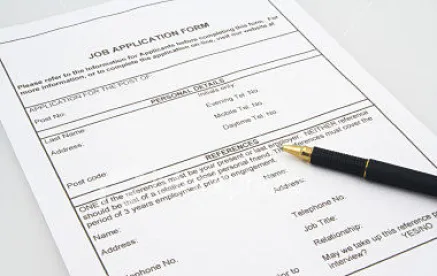The California Department of Fair Employment and Housing (“DFEH”) finalized new regulations limiting the ability of employers to consider criminal history when making employment decisions. The regulations become effective on July 1, 2017. Employers should reexamine their policies and practices of using criminal histories in employment decisions before the regulations take effect. The new regulations are focused on limiting potential “adverse impact” on protected groups by employer’s overly broad use of criminal histories in making employment decisions.
The final regulations prohibit employers from using criminal records and information in any employment decisions if:
-
Such use would have an adverse impact on individuals in a legally protected class designated by the Fair Employment and Housing Act (“FEHA”), or
-
The applicant or employee is able to demonstrate an effective and less discriminatory way of achieving the specific business necessity.
The employer must first be able to demonstrate that its practice of considering criminal history is both (1) job-related, and (2) consistent with business necessity. Even if the employer can meet these two prongs, the applicant or employee may still prevail against the employer by demonstrating a less discriminatory policy or practice.
California law already prohibits employers from asking job applicants to provide information regarding marijuana convictions over two years old, detentions or arrests not resulting in conviction, convictions that have been dismissed or sealed, and information related to referrals to a work/education program as part of a term of probation. These new regulations demonstrate the DFEH’s attempt to regulate more substantive issues in an effort to minimize adverse impact on protected groups. The final regulations substantially mirror the EEOC Enforcement Guidance adopted in 2012.
For further guidance about the substance of the new regulations, visit our previous blog detailing the proposed regulations here.




 />i
/>i

